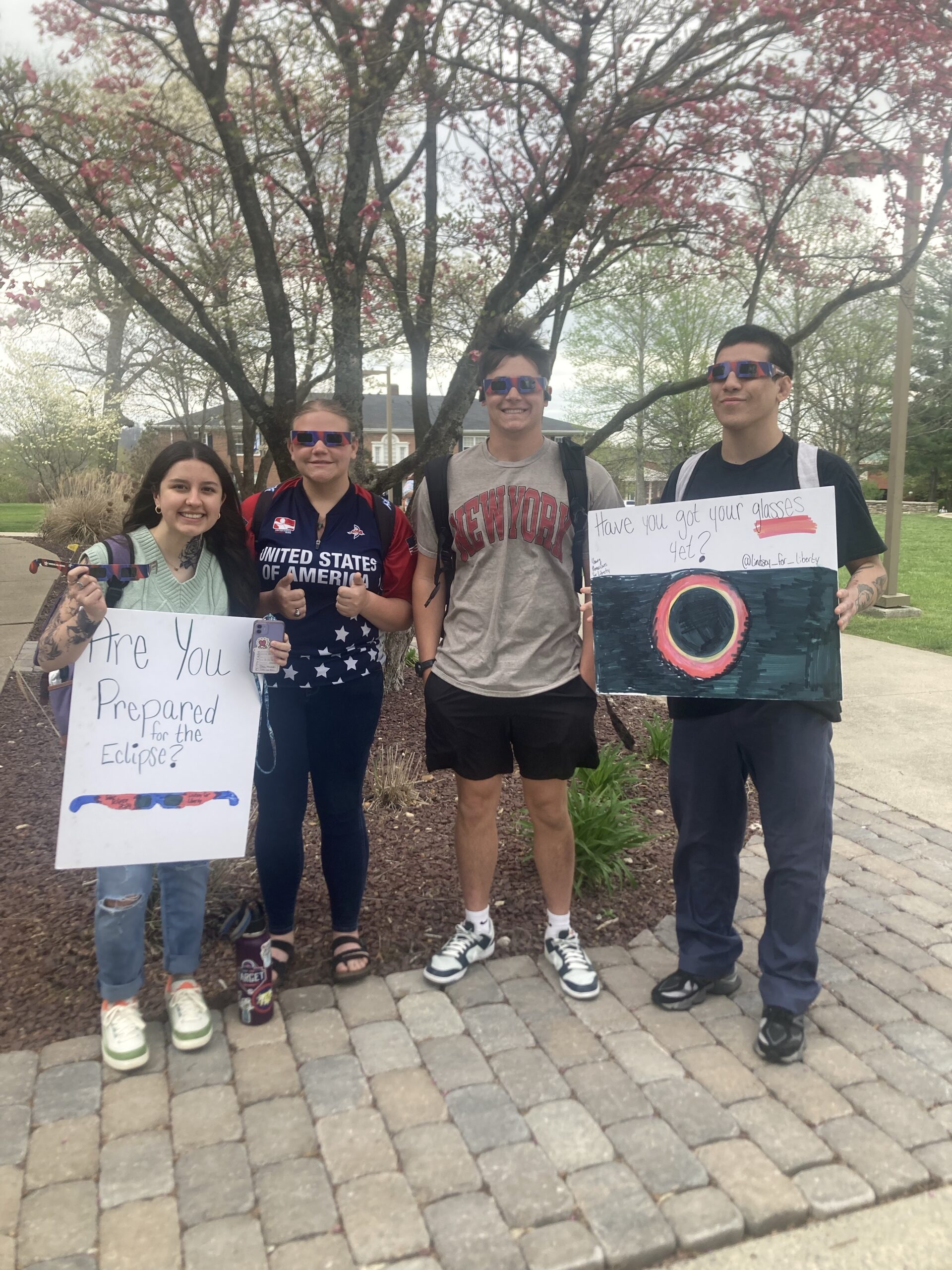UN Climate Kooks Want to Cripple US Economy and Ban H2O
Some people will sign anything that includes phrases like, ”global effort,” “international community,” and “planetary.” Such was the case at COP 16, this year’s United Nations Conference on Climate Change in Cancun, Mexico.
This year, CFACT students created two mock-petitions to test U.N. Delegates. The first asked participants to help destabilize the United States economy, the second to ban water.
The first project, entitled “Petition to Set a Global Standard” sought to isolate and punish the United States of America for defying the international community, by refusing to bite, hook, line and sinker on the bait that is the Kyoto Protocol. The petition went so far as to encourage the United Nations to impose tariffs and trade restrictions on the U.S. in a scheme to destabilize the nation’s economy. Specifically, the scheme seeks to lower the U.S. GDP by 6% over a ten year period, unless the U.S. signs a U.N. treaty on global warming.
This would be an extremely radical move by the United Nations. Even so, radical left-wing environmentalists from around the world scrambled eagerly to sign.
The second project was as successful as the first. It was euphemistically entitled “Petition to Ban the Use of Dihydrogen Monoxide (DHMO)” (translation water). It was designed to show that if official U.N. delegates could be duped by college students into banning water, that they could essentially fall for anything, including pseudo-scientific studies which claim to show that global warming is man-caused.
Despite the apparently not-so-obvious reference to H2O, almost every delegate that collegian students approached signed their petition to ban that all too dangerous substance, which contributes to the greenhouse effect, is the major substance in acid rain, and is fatal if inhaled.
Perhaps together, the footage associated with these two projects will illustrate to mainstream America the radical lengths many current U.N. delegates are willing to go to carry out an agenda no more ethical, plausible or practical than the banning water.


